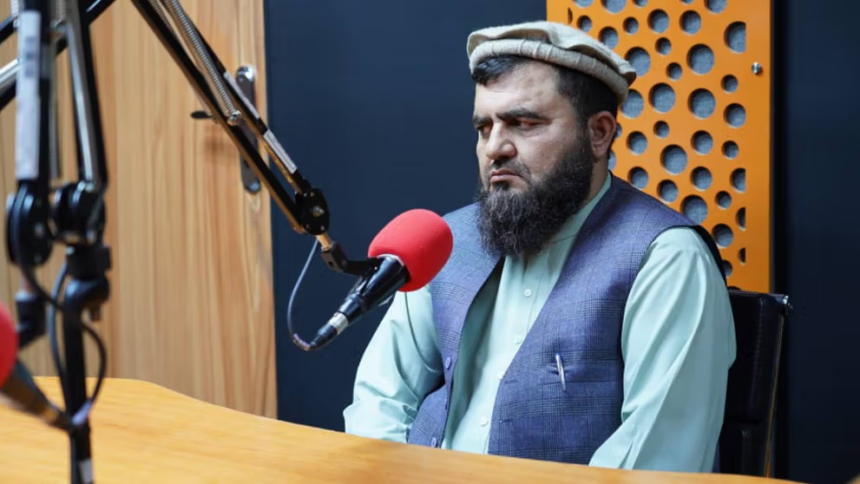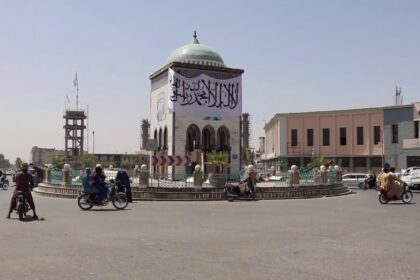RASC News Agency: In what appears to be yet another attempt to silence religious dissent, the Taliban have reportedly arrested Mawlawi Abdul Qadir Qanet, a widely respected Islamic scholar and one of the few prominent voices within Afghanistan’s clerical community to openly challenge the group’s authoritarian consolidation of power. According to individuals close to Mawlawi Qanet, armed operatives from the Taliban’s General Directorate of Intelligence (GDI) forcibly detained him from his residence in Kabul. He is currently believed to be held at the Taliban’s infamous “Directorate 40” facility, a detention center that has gained notoriety for the extrajudicial incarceration of critics and opposition figures. Qanet has been permitted only a brief and heavily monitored phone call with his family, and no further information about his legal status or well-being has been disclosed.
Taliban officials have issued no statement clarifying the charges or the circumstances surrounding the arrest, consistent with their pattern of opaque detentions that sideline due process. This silence reinforces widespread fears that the Taliban continue to operate outside the bounds of legal accountability, particularly when dealing with those who challenge their authority whether politically, intellectually, or religiously. A video obtained by media outlets captures the moment of Qanit’s arrest. In the footage, a civilian vehicle pulls into a narrow Kabul alley, halts in front of the cleric’s residence, and is soon approached by several plainclothes men. The men are seen forcibly escorting Qanet from his home and pushing him into the vehicle. Local residents some of whom witnessed the incident did not intervene, an indication of the deep climate of fear that pervades under Taliban rule, where citizens often refrain from questioning the regime’s actions to avoid retaliation.
The Rawand-e Sabz political movement, led by former Vice President Amrullah Saleh, also addressed the incident in a statement on the social platform X (formerly Twitter), describing it as a “kidnapping” orchestrated by Taliban affiliates. The group identified a figure named Mullah Sulaiman allegedly a Taliban commander operating in Kabul’s 15th security district as being directly involved in the operation. This is not the first time the Taliban have targeted Mawlawi Qanet. In February of last year, he was arrested alongside another outspoken cleric, Mawlawi Mahmood Hassan, following their critical remarks against the regime’s monopolization of power. Both had spoken at a public gathering in Kabul, denouncing the concentration of authority in the hands of the Kandahari faction of the Taliban and advocating for the establishment of an inclusive government one that would reflect Afghanistan’s multiethnic society and diverse political currents.
The repeated detention of religious scholars such as Qanet, whose dissent is grounded in Islamic reasoning and national reconciliation, underscores the Taliban’s zero-tolerance policy toward internal critique. Despite presenting themselves as guardians of Islamic values, the regime continues to marginalize credible religious voices that challenge its exclusivist and ethnocentric approach to governance. These arrests reveal not merely a crackdown on political dissent but a deeper structural rejection of pluralism, legal transparency, and intra-Islamic dialogue. In targeting moderate clerics, the Taliban are eroding one of the last remaining checks on their power voices from within the religious establishment who might advocate for justice, accountability, and a more representative political order.
As Afghanistan slips further into authoritarian isolation, the fate of figures like Mawlawi Qanet serves as a barometer of the regime’s broader trajectory: a movement once defined by insurgency now entrenching itself through coercion, censorship, and systematic exclusion of all who envision a more inclusive future for the country.






